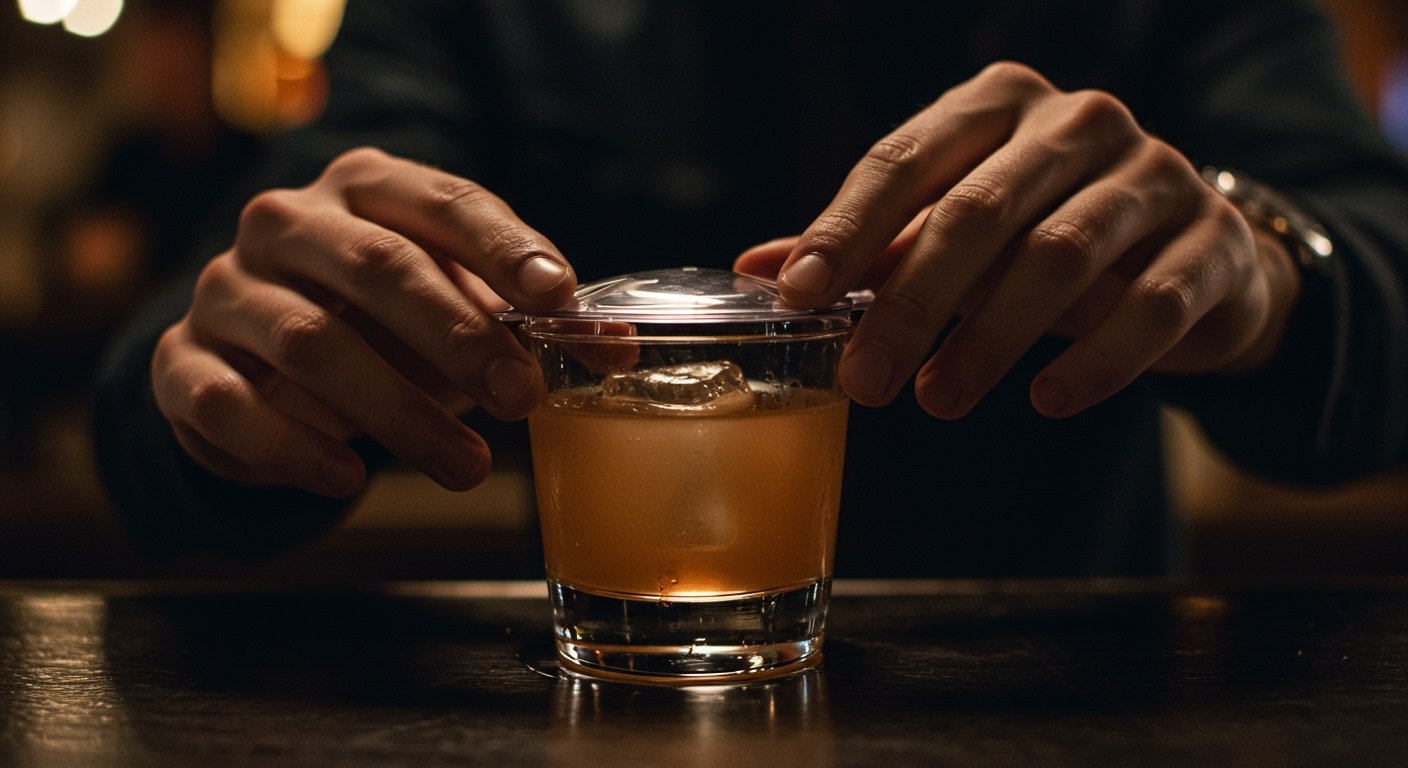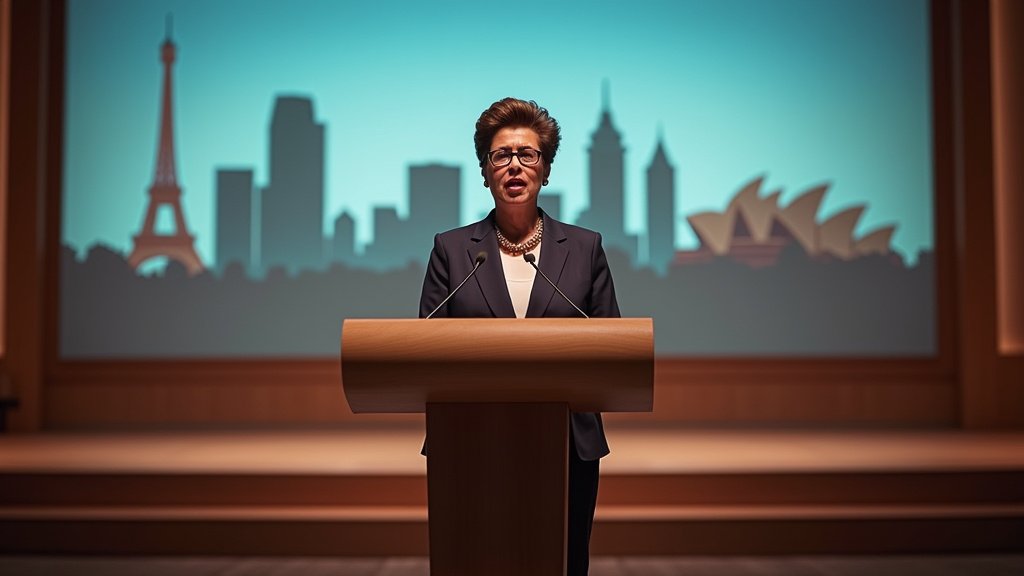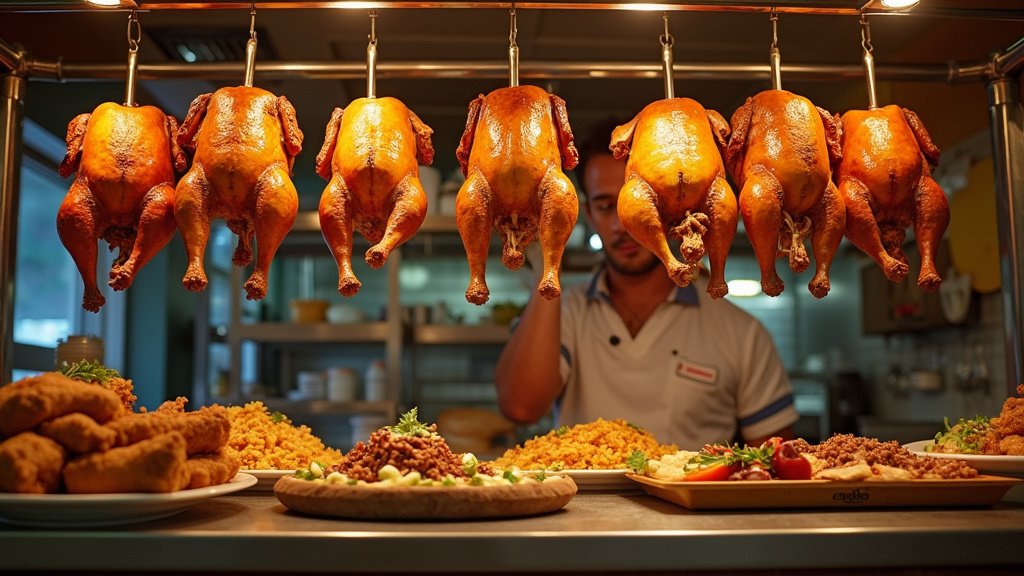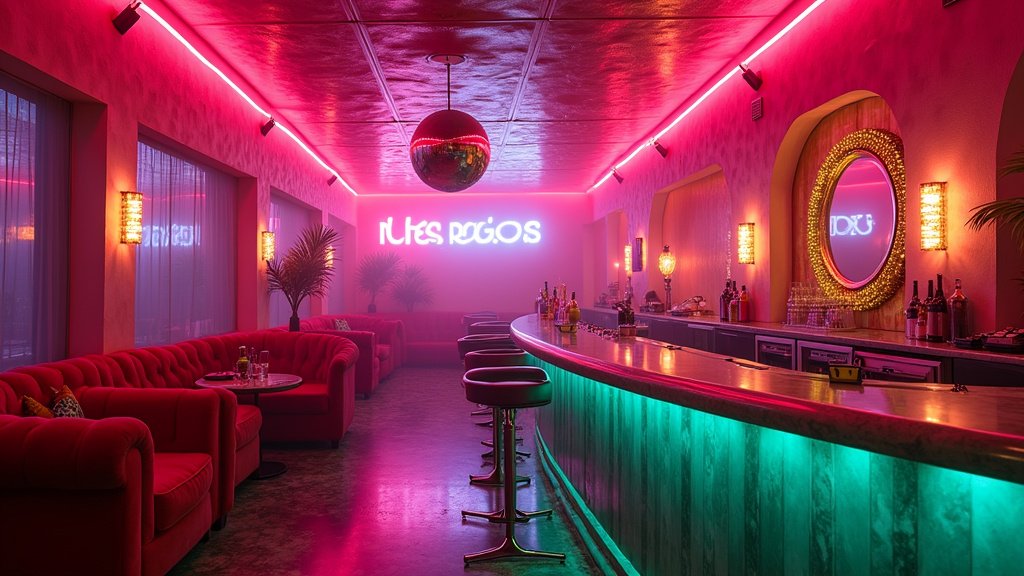SACRAMENTO, Calif. — As of Tuesday, July 1, 2025, a new California Assembly bill has officially taken effect, ushering in a mandatory safety measure for establishments serving alcohol across the state. The legislation requires all bars, restaurants, and venues that offer alcohol for on-site consumption to have lids readily available for patrons upon request. This move is designed to provide customers with an additional layer of protection against the risk of having their drinks tampered with, specifically addressing concerns around drink spiking.
Understanding the Mandate
The core of the new law is straightforward: accessibility. Any customer who feels the need for a lid, whether for peace of mind or as a preventative measure, can now request one from staff at no charge. This contrasts with previous optional practices where some establishments might have offered lids for certain beverages or upon specific request but were not legally bound to do so.
The bill builds upon existing safety protocols already mandated for California bars. Prior to this, regulations required establishments to display signage informing patrons about the availability of drug-testing kits, enabling individuals to discreetly check their drinks if they suspect tampering. The new lid requirement serves as a proactive measure, aiming to make drinks more difficult to spike in the first place, complementing the reactive testing option.
Industry Response in Los Angeles
The implementation of the new law has reportedly met with little resistance from the industry, particularly in the bustling nightlife scene of Los Angeles. According to reporting, bar and nightclub owners in the city have largely been unfazed by the change.
Many owners view the requirement not as a burden, but as a minimal adjustment with a significant payoff in terms of customer safety and confidence. The cost associated with stocking lids has been widely described by owners as “insignificant” when weighed against the enhanced security it offers patrons.
A Look at Implementation
For many establishments, integrating the new requirement is a simple operational shift. A spokesperson for The Mother Lode, a well-known venue in West Hollywood, exemplified this sentiment. According to the spokesperson, the only practical difference observed since the law took effect is the presence of “a stack of free plastic lids” readily available for distribution to customers who ask for them. This indicates that for many businesses, the change requires minimal financial outlay and does not necessitate complex procedural overhauls.
Enforcement and Education
While the bill is now law, the department responsible for its enforcement plans to adopt a phased approach to ensure compliance. The initial focus will reportedly be on educating license holders about the new requirement.
This educational phase is intended to help establishments understand their obligations under the new Assembly bill and ensure they are equipped to provide lids upon request. This approach suggests a preference for achieving compliance through awareness and cooperation rather than immediate punitive action, at least in the early stages of implementation.
Broader Context and Safety Measures
The introduction of mandatory lids is part of a broader, ongoing effort within California to enhance safety measures in public spaces where alcohol is served. Drink spiking remains a serious concern, and legislative efforts like this Assembly bill reflect a commitment to providing tangible tools and resources that can help deter such acts and protect vulnerable individuals.
By mandating the availability of lids, California authorities and legislators aim to send a clear message about the importance of patron safety while providing establishments with a simple, effective tool to contribute to a safer environment. The law, which took effect on Tuesday, July 1, 2025, marks a notable step in this direction, adding another layer of security to the state’s bars and nightclubs.
Information regarding the industry’s response and initial implementation details in Los Angeles was reported by Los Angeles Times summer intern Christopher Buchanan.





